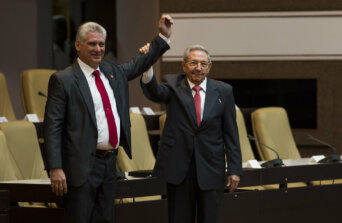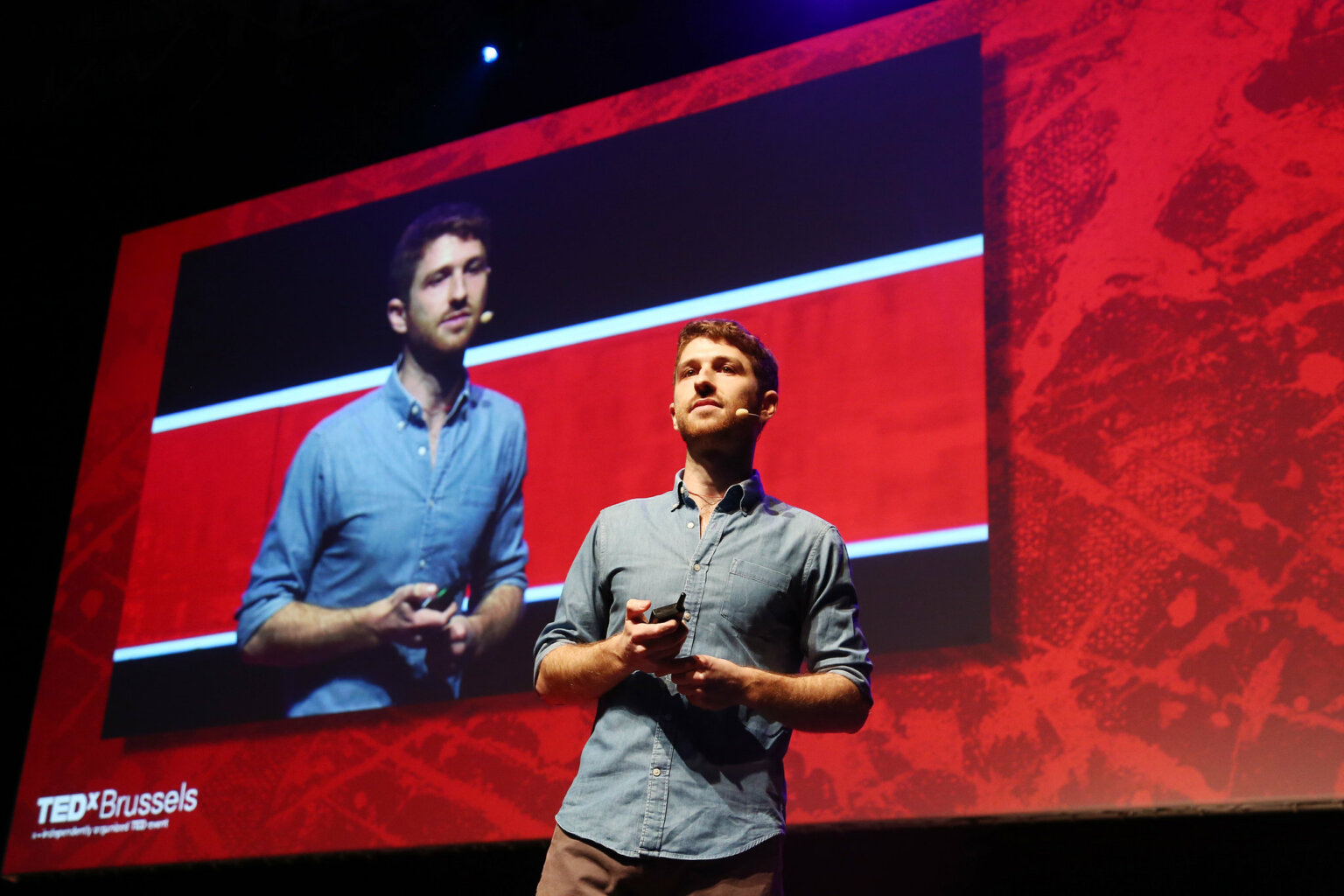- About
- Topics
- Picks
- Audio
- Story
- In-Depth
- Opinion
- News
- Donate
- Signup for our newsletterOur Editors' Best Picks.Send
Read, Debate: Engage.
| topic: | Good Governance |
|---|---|
| located: | Cuba |
| editor: | Ellen Nemitz |
After six decades, the Castro family is not leading the Communist Party in Cuba. The step-down of Raúl Castro, brother of Cuban revolutionist Fidel Castro, who died in 2016, represents the end of an era that shaped almost every aspect of Cuba since 1959.
Though not unexpected, seeing as Castro is nearly 90 years old, the milestone announced during the Communist Party Congress held on 16-19 April, has been largely reported and analysed by the media.
In the article A Cuba without a Castro? A country steps into the unknown, The New York Times cites the last words of Raúl Castro after the leadership changeover: the alternative to continuing revolutionary principles is defeat. The authors define Castro’s successor, Miguel Díaz-Canel Bermúdez, as part of a younger generation that seeks a gradual opening of the country, but without changing the one-party system.
The same conclusion was presented by an opinion article published by El Pais and signed by journalist Abraham Jiménez Enoa. Titled La vida sigue igual en Cuba, aunque sin Castros (Life remains the same in Cuba, though without Castros), Jiménez Enoa denounces the lack of democracy of a closed-doors congress that counted on “strict control on the streets to avoid protests.” He says that there was a "call of the communists to continue, although without Castros as guides, with the same formula to keep afloat the status quo of the nation that they want.”
FairPlanet has already reported on the San Isidro movement, which demands freedom of expression on the island. Day after day, it is possible to read on social media the stories of journalists, artists and other people who oppose the government and are arrested and even sent to prison without a proper reason. Recently, activist Luis Manuel Alcantara attached himself to a garrotte to claim for liberty for political dissidents.
The Executive Director to Americas Division of Human Rights Watch, José Miguel Vivanco, used Twitter to draw attention to the situation in Cuba during the Communist Party Congress, while journalists and artists would be under surveillance and pressured to remain at home: “Why does the regime fear so much its independent journalists and artists?”, he asks, adding the names of some of the victims and pleading for the end of human rights violations.
Another key point for Cubans, who have been recently facing impoverishment and goods shortage, is the relation with the United States. After the Obama’s administration had shifted the country’s foreign policy with the island and Trump had reverted to the pre-Obama era policies, Biden declared that Cuba is not on the top-priority list for his government, Reuters reported. Nonetheless, Díaz-Canel will ask at the United Nations Assembly to lift the economic embargo on Cuba.
In order to guarantee better conditions for Cubans, however, the debate should no longer be on whether the socialist regime was good or bad. History, even though told from different perspectives, is unchangeable and must teach us about accomplishments and mistakes.
From now on, it is time for Cuba to listen to its people, openly converse with popular leaders and provide the right and necessary economic and political changes, so that the new government could actually be called new, and not a mere continuation of its predecessor.
Image: Cubadebate.

